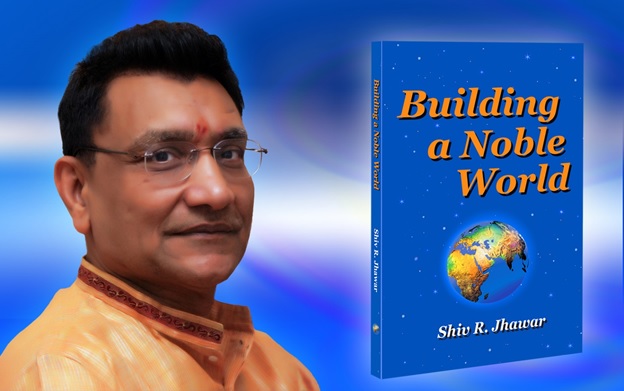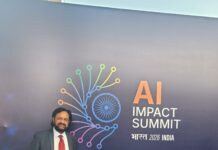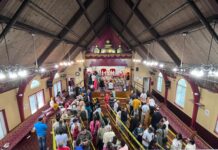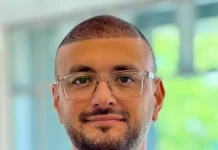Shiv R. Jhawar
Russia invaded Ukraine. On February 24 this year the 193-member United Nations declared this invasion violates Ukraine’s sovereignty and territorial integrity. Yet, no substantial UN action has been taken. There is no cease-fire or troop withdrawal. Instead, the world has watched in horror while civilians become casualties, women become widows, and children become orphans. It’s heartbreaking when a human being dies, whether Ukrainian or Russian. A civilized humanity will not destroy life in any form.
Breach of Trust
This Russian invasion breaches the Budapest Memorandum of 1994, which guaranteed Ukrainian sovereignty and independence. In his article entitled, “To stop Putin, the Western world must revisit the 1994 Budapest Memorandum,” Ukraine’s Deputy Prime Minister Oleksii Reznikov, wrote, “Having placed its trust in the guarantees offered by the US, the UK, and Russia, Ukraine signed the Budapest Memorandum on December 5, 1994. In this accord, Ukraine gave up around 1,900 nuclear weapons in return for Russian protection from future invasions. Now, Russia is the invader.
Russia’s Veto Obstacle
Any one of the Security Council’s five permanent members, can veto any resolution, even one relating to its own aggression. On February 25, 2022, Russia vetoed a UN Security Council proposed resolution that demanded Russia to end its invasion of Ukraine and withdraw its troops. The proposed resolution failed on a vote of 11 in favor to 1 against (China, India, and United Arab Emirates abstained from voting).
Only the UN Security Council can pass a legally binding resolution. But a veto from any of the five permanent members (P5) — China, France, Russia, the UK, and the US — would block the resolution from passing. Only the P5 of the UN Security Council have veto power. Non-permanent members do not have this veto power. The veto has made the UN Security Council undemocratic. How can voting be democratic if each member is not treated equally?
The crux of the problem is how to overcome Russia’s veto obstacle. Here are four ways the UN can overcome the Russia’s veto obstacle:
Deny Russia’s right to a permanent seat: When the Union of Soviet Socialist Republics (USSR) dissolved on December 25, 1991,15 new countries emerged, and Russia took over the USSR’s permanent seat on the UN Security Council. The UN Charter does not contain a successor clause to validate the succession. The UN Charter was never amended to accommodate Russia’s succession after the dissolution of the USSR. The UN Charter still lists the USSR, and not Russia, as one of the permanent members of the UN Security Council. Therefore, Russia is legally ineligible for a permanent seat.
Require a Majority Veto: Instead of just one veto, the Security Council should require a majority veto of at least three of the five permanent members for a resolution to fail.
Replace Individual Seats with Regional Unions Seats: The UN has grown from 51 members in 1945 to 193 members today. The UN Security Council should be more representative. To maximize representation, regional organizations, like the 27-member European Union, should replace individual permanent seats on the UN Security Council.
Give the former USSR’s seat to a deemed 15-member regional union: The USSR formally disintegrated into 15 states on December 25, 1991, with Russia being one of them. Instead of Russia, a deemed regional union of the 15 successor countries should be given the USSR seat.
Unite against the use of nuclear weapons
Every time Russia’s president Putin threatens to use nuclear weapons, the rest of the world backs down in response. For the sake of the entire planet, each nuclear-armed country must surrender its nuclear weapons to the newly empowered United Nations.
Yogananda Paramahansa (1893 – 1952), one of the greatest yogis of India and author of the renowned book, Autobiography of a Yogi, stated: “To conquer all social and political evils, we must use the most formidable spiritual weapon, namely, ‘resistance by love.’ War breeds war, and it can be prevented only by non-cooperation and the overcoming power of love.”
“Wars are bound to go on until the United States of Europe and the United States of Asia are evolved, to prepare the way for the United States of the World, with God guiding all nations.”
The sooner people realize that the Earth is one planet, one homeland and that there is only one race — the human race — the better off humanity will be. Humanism, not nationalism or militarism, is the only path to peace and prosperity.
Let us pray for the departed souls. Remember, each of us has a soul. Souls never die! While the physical body dies, the soul, which thinks and feels, lives on.
(Shiv R. Jhawar is the author of Building a Noble World, motivational speaker, and entrepreneur in Chicago, USA.)







